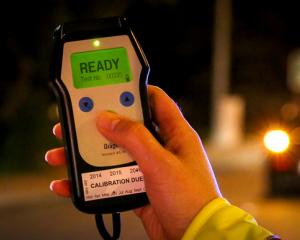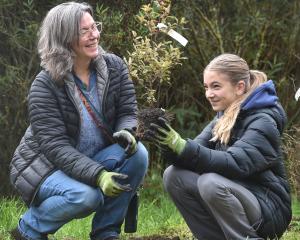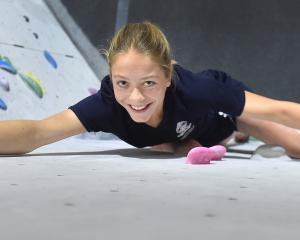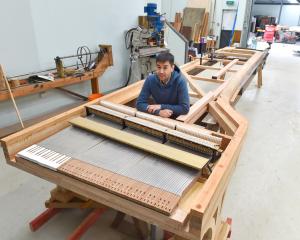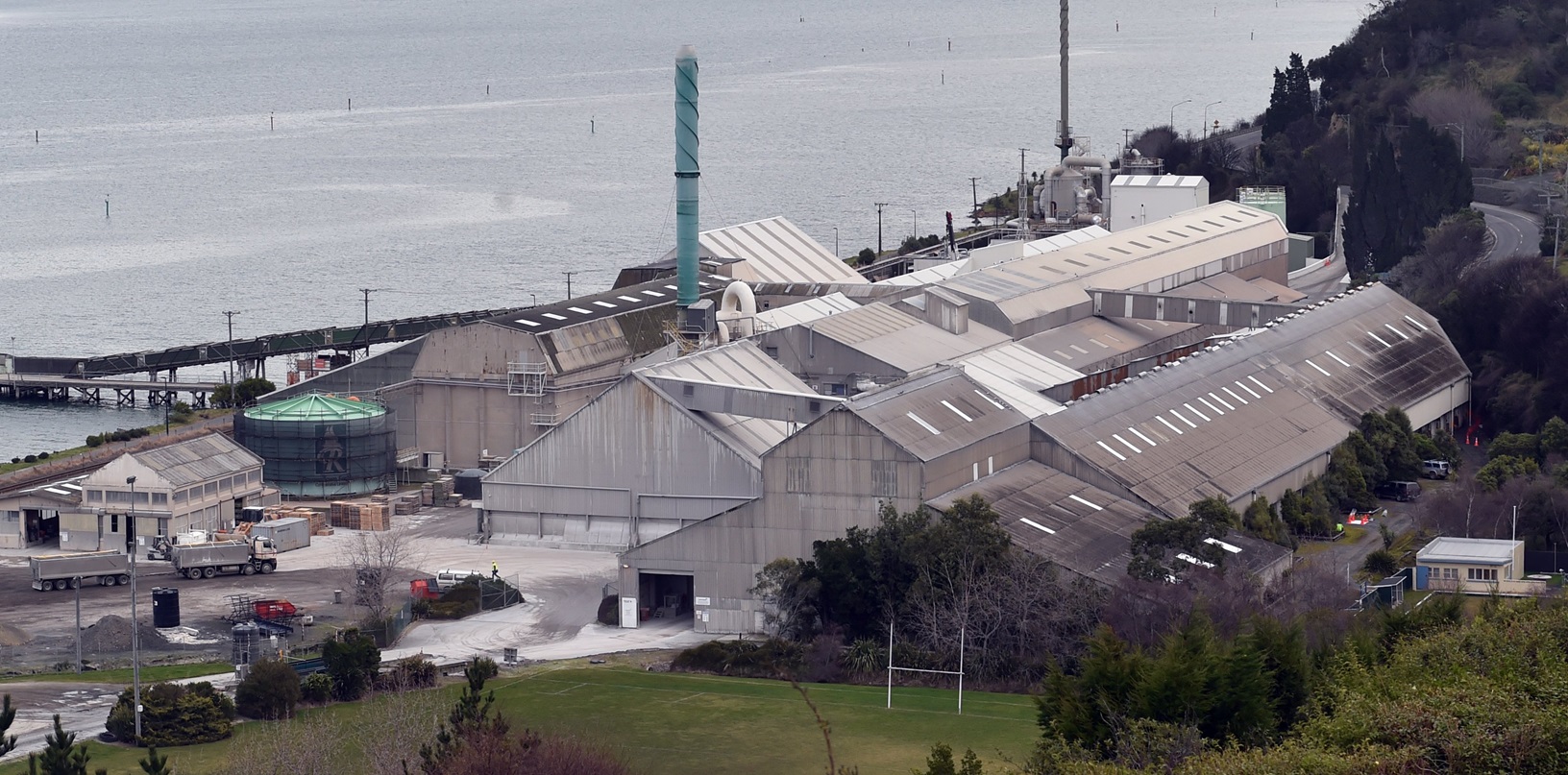
On Thursday, staff were told a proposal to cease manufacturing would be put to them on Tuesday and no decisions would be made until employee consultation had been completed. Operations as a port store and distribution centre will continue.
Yesterday, Ravensdown chief executive Garry Diack was unable to give a definite number of staff employed at the site, but estimated it was about 60. Under the proposal, about half of those jobs would be affected.
Asked if there was any chance to redeploy staff to other Ravensdown sites, Mr Diack said that would be looked at if the proposal went ahead.
He said the company had more manufacturing capacity than required across its three manufacturing sites — Napier, Christchurch and Dunedin.
The three sites produced something like 700,000 or 800,000 tonnes of fertiliser, while only 400,000-odd tonnes of capacity had been needed in the past couple of years.
"We have too much capacity for the size of market now."
One factor in the site decision was proximity; Christchurch was closer to the more intensified market for product, while there was also a future capital spend required at Ravensbourne and consent renewal coming up. The Napier and Christchurch sites were not affected.
Any outcome was intended to be communicated by the end of September and, if manufacturing did cease, that would likely occur in December or January.
Fertiliser manufacturing has been undertaken at the site for the past 91 years since a plant was first established by Dominion Fertiliser.
Two years ago, Ravensdown made about 1.2 million metric tonnes of all fertiliser, but for the past years, that figure had dropped to about 890,000 tonnes, Mr Diack said.
As Ravensdown continued to reset its business to cope with smaller volumes, it would continue to look at ways to cut excess capacity and improve efficiencies.
A market valuation and partial divestment of the company’s lime assets had begun and further details were expected to be confirmed in the coming weeks, Mr Diack said.
While it was challenging times, the reality was New Zealand’s agricultural sector needed nutrients and there was "always a business there". The business was in reasonable heart and had a good balance sheet, he said.
Ravensdown yesterday announced its annual result for the year ending May 31, posting an operating surplus of $27.4 million before impairments. After full-year impairments, the co-operative delivered a before-tax profit of $4.8m.
There was a revenue drop of $186m to $739m. While balance sheet equity had lifted to almost 80%, the co-operative was not paying a shareholder rebate this year, Mr Diack said.
Advertisement



